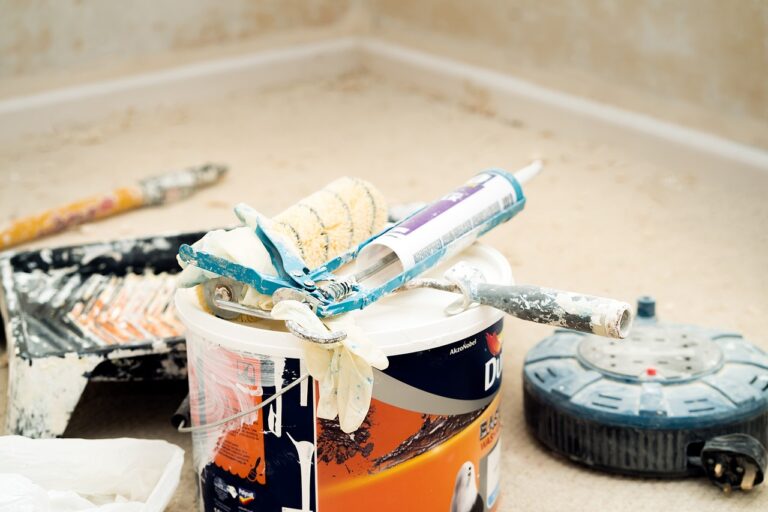Sustainable solutions for managing household compost
cricbet99.com sign up, Sky1exchanges Login, cricket bet99: Composting is a great way to reduce waste and create nutrient-rich soil for your garden. However, managing household compost can sometimes be a challenge. In this article, we will explore sustainable solutions for effectively managing household compost.
Start by setting up your compost bin in a convenient location in your yard. Make sure it is easily accessible and receives a good amount of sunlight. You can purchase a compost bin from a local garden center or make your own using materials such as wood pallets or plastic containers.
Next, it’s important to create the right balance of green and brown materials in your compost. Green materials include fruit and vegetable scraps, coffee grounds, and grass clippings, while brown materials include leaves, straw, and cardboard. Aim for a ratio of about 3 parts brown materials to 1 part green materials.
Remember to regularly turn and aerate your compost to help it break down faster. This can be done using a pitchfork or compost aerator. Turning your compost every few weeks will help distribute oxygen and moisture evenly throughout the pile.
Keep your compost moist but not too wet. If it feels too dry, add some water with a spray bottle. If it feels too wet, add more brown materials to help absorb excess moisture. A well-balanced compost pile should feel like a damp sponge.
Monitor the temperature of your compost pile regularly. A healthy compost pile should reach temperatures between 110-160 degrees Fahrenheit. If it gets too hot, add more brown materials to cool it down. If it’s too cool, add more green materials to heat it up.
Once your compost is ready, use it in your garden as a natural fertilizer. Spread a layer of compost around your plants and gently work it into the soil. Your plants will thank you for the extra nutrients.
Now, let’s address some frequently asked questions about household compost:
1. How long does it take for compost to be ready?
Compost can take anywhere from a few weeks to a few months to be ready, depending on factors such as the size of your compost pile, the materials used, and how often you turn it.
2. Can I compost meat and dairy products?
It’s best to avoid composting meat, dairy, and oily foods, as they can attract pests and create odors. Stick to composting fruit and vegetable scraps, coffee grounds, and yard waste instead.
3. What should I do if my compost smells bad?
If your compost pile smells bad, it may be too wet or not getting enough oxygen. Add more brown materials and turn the pile more frequently to help it decompose properly.
4. Can I compost pet waste?
It’s best not to compost pet waste, as it can contain harmful bacteria and parasites. Instead, dispose of pet waste in the trash or a designated pet waste disposal system.
5. How can I speed up the composting process?
To speed up the composting process, chop your materials into smaller pieces, turn the pile more frequently, and make sure it stays moist but not too wet. You can also add a compost activator to help break down organic matter faster.
In conclusion, managing household compost can be easy and rewarding with the right sustainable solutions in place. By following these tips and guidelines, you can create nutrient-rich soil for your garden while reducing waste and helping the environment. Happy composting!







